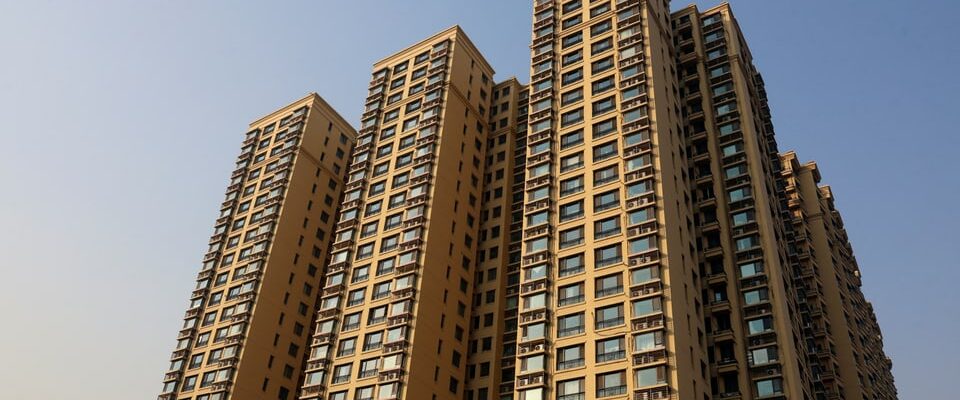Contents
Chinese real estate has long been considered a good investment, including for foreign investors. But they are now threatened with total loss.
The influencer couple Liang Liang and Li Jun provide insight into their lives in the rural province of Henan on Chinese social media. They post video clips about their work, their plans and how they are using their hard savings to buy their first apartment.
Like millions of other Chinese people, they buy the apartment before it is built. And like millions of others, the dream of owning a home turns into a nightmare: construction comes to a halt.
When the influencers want to confront the real estate developer, the situation escalates. They are physically attacked by company employees. The couple falls silent. It is not clear whether it is voluntary.
This case – on the one hand – and the liquidation order for the real estate company Evergrande by the court in Hong Kong – on the other hand – show the extent of the real estate crisis in China. And they make clear the problems facing Beijing.
Stability at all costs
China wants to save face to international investors and show that their rights are respected. At the same time, the millions of Chinese people who have invested their savings in never-finished apartments should still be able to own their own home.
«These are two different goals, but ultimately it’s about avoiding systematic risks. “Financial risks and social risks,” says Hangseng Bank chief economist Dan Wang.
The social risk, i.e. a dissatisfied population, also represents a risk for the political leadership. Beijing takes this seriously. Providing housing has always been the government’s first priority, says Wang.
Legend:
Real estate dreams in China are no longer skyrocketing. The government is trying to prevent the industry from crashing and possible unrest.
Reuters/Florence Lo
It’s about stability. And stability has always been the most important thing. Beijing has asked banks as well as provincial and local governments to support the stumbling real estate companies so that they can still complete the apartments they have sold.
Bad cards for foreign investors
The central government itself wants to help out, especially in peripheral regions and with social housing. It remains questionable what happens to the international investors who have won justice in court in Hong Kong. Will China allow a Hong Kong liquidator to collect and sell assets in mainland China to pay off Evergrande’s debts?
“The most likely scenario is that Chinese investors will receive preferential treatment,” says Gary Ng, an economist at asset manager Natixis. For social stability, attention is of course also paid to the people who are waiting for their apartments. International investors, in turn, would probably be the losers of the crisis.
Meanwhile, the influencer couple Liang Liang and Li Jun have resurfaced. They talk about how they moved to the metropolis of Hangzhou near Shanghai. It is not clear whether their apartment will be finished or whether they have received their money back.
The couple only speaks of “new beginnings”. There is no quick and easy solution for the Chinese government, as the couple suggests on social media. Overcoming the crisis in the country’s most important economic sector will probably take years.
